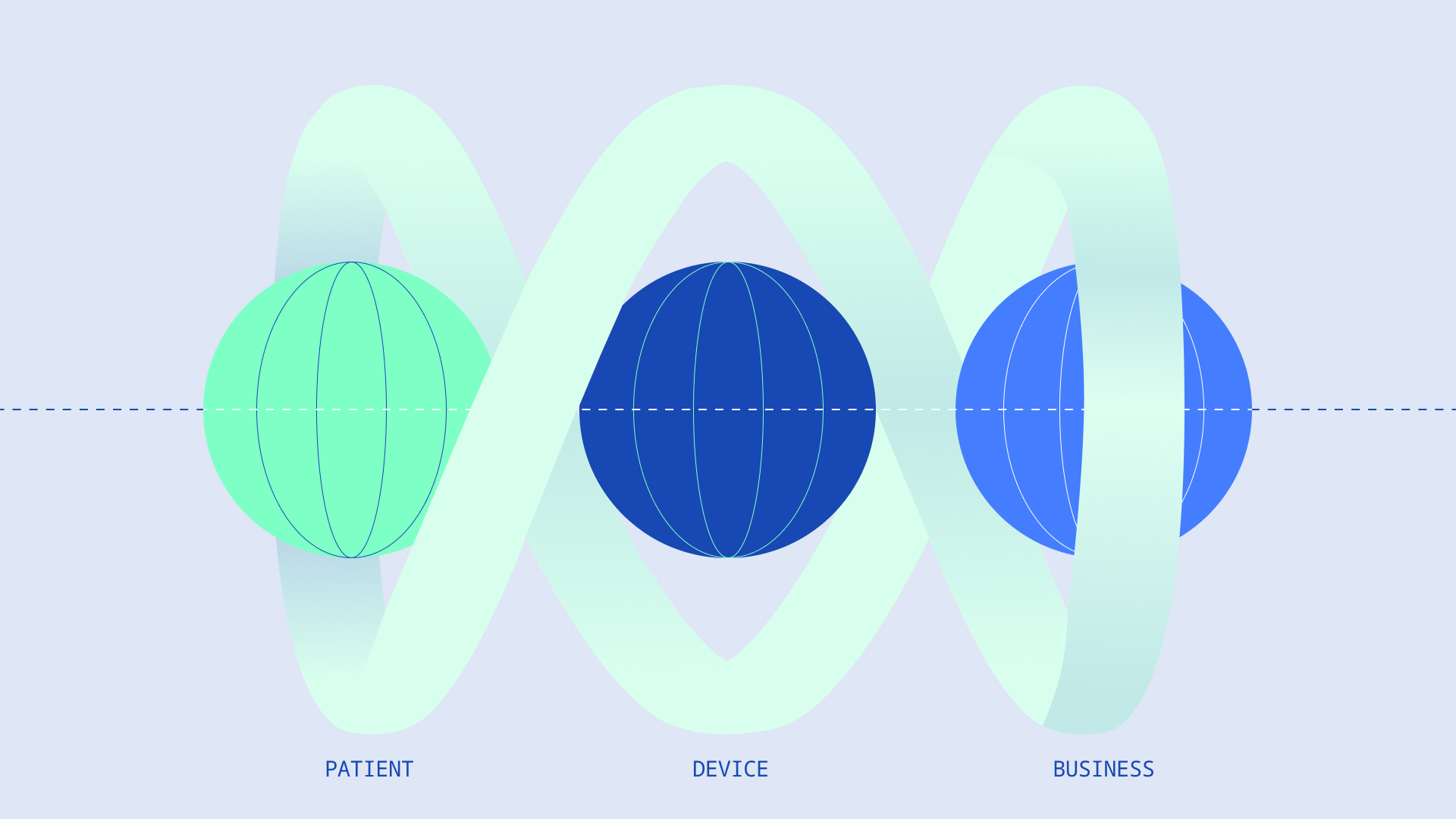The economic disruption brought on by the COVID-19 pandemic has increased the need for more flexibility in the way businesses work day-to-day. More employees and employers now depend on remote access to databases, files, and other resources. In other words, they need cloud migration strategies like never before.
Cloud computing is hardly a new trend. But as broadband capacities continue to expand, more and more industries are taking advantage of cloud computing’s many benefits. The pandemic has accelerated this to a degree (Synergy Research Group revealed that cloud spending rose 37% in the first quarter of 2020, to reach $29 billion), but anyone thinking the cloud is a temporary solution to a temporary problem will be disappointed.
The cloud is here to stay.
Cloud migration: A dynamic way to reduce costs
The biggest benefit of cloud computing is that it saves money. With businesses hit hard by pandemic shutdowns, cost-cutting became a ubiquitous topic of conversation in boardrooms. The financial benefits of cloud migration strategies will be difficult to ignore.
By allowing workers to access resources online, companies are drastically lowering overhead, reducing basic running costs, and freeing up much-needed capital for other areas of development.
Businesses are no longer burdened by the maintenance and management of IT systems and can remove expensive hardware – which will inevitably need to be replaced every few years – from the balance sheet. The cloud offers a timely and long-lasting solution to these issues.
The financial benefits of cloud computing go beyond just technology. Companies no longer need to spend a lot of money on experts to run their systems, leaving such tasks in the capable hands of their cloud providers. Another advantage of the cloud computing arrangement is that on-site energy costs will diminish, and the efficiency of cloud computing will mean fewer delays and more productivity. Time is money, and cloud migration acts as a digital piggy bank.
Cloud migrations offer continuity and flexibility in hard times
Pandemic business disruptions made continuity and flexibility even more vital. Moving to the cloud afforded forward-thinking companies an outlet for immediate access to whatever resources are required, ensuring a smooth flow of work during trying times.
Embracing cloud migration strategies has opened doors of productivity that were previously bolted shut. Employees are no longer chained to an office; they are able to access work from home, from vacations, and from their commutes, allowing for greater flexibility.
There’s no shortage of innovators making their mark with cloud technology. One client that HTEC has worked closely with, a Scandinavian market leader in workforce management, has embraced a mobile-first, cloud-based approach to allowing companies to streamline scheduling and task management, all without needing to step foot in the office.
Cloud migrations improve healthcare, save retail
Healthcare and retail were both heavily impacted by the 2020 pandemic, and cloud technology has allowed one to survive (retail) and the other to evolve (healthcare).
Cloud technology enabled retail businesses to maintain a constant presence in an on-demand world. Innovation is everything in retail. By taking full advantage of big data, artificial intelligence (AI), and cloud computing, retailers can tailor offers to individual customers, creating a much-needed lifeline during a time when consumers are watching their finances.
Cloud computing has also had a major impact on healthcare by supporting overwhelmed doctors, nurses, and hospital staff. Cloud technology has reduced costs and improved efficiency, revolutionized telemedicine, and given clinicians access to vital data at all times. Without cloud technology, doctors may have faced even more dire circumstances as COVID-19 spread across the globe.
Cloud technology: a permanent wave
The benefits of the cloud have been brewing for a while, but the chaos created by a global pandemic has accelerated cloud migration strategies.
Cloud computing is now an essential technology for productivity and efficiency and will only continue to embed itself in the natural fabric of business operations. Some waves cannot be stopped, nor should they.
Want to learn more about how our technology expertise can transform your business? Explore our Technical Strategy and Software & HiTech capabilities.





